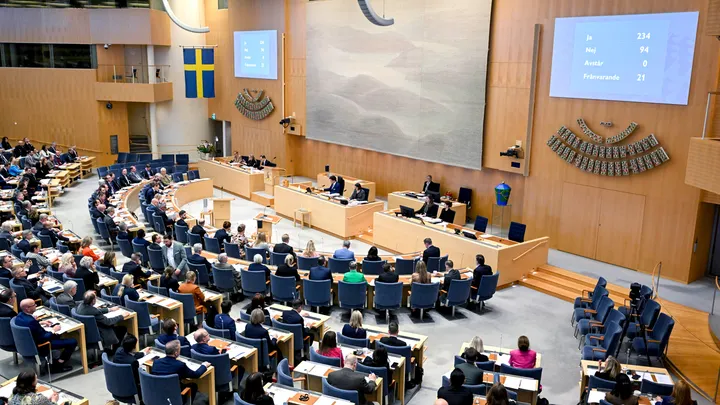Sweden’s recent legislative advancement in gender identity rights represents a significant shift in the societal and legal landscape. On Wednesday, the Swedish parliament passed a groundbreaking law, allowing individuals as young as 16 to change their gender legally. This new legislation, which eliminates the requirement for a gender dysphoria diagnosis, positions Sweden alongside neighboring nations such as Denmark, Norway, Finland, and Spain, which have already adopted similar laws. The decision, reflecting a broader European movement towards more inclusive policies, marks a pivotal moment in recognizing and supporting transgender rights.
European Consensus on Gender Identity Laws
Scandinavian Unity
Sweden joins various Scandinavian countries that have modernized their legal frameworks regarding gender identity. Like its neighbors, Sweden now allows younger individuals to assert their gender identity with legal recognition, though safeguards remain for those under 18, requiring guardian and medical approval. This regional alignment underscores a shared commitment to supporting young people in their identity journey, recognizing the profound impact of such laws on their mental health and societal inclusion.
Beyond Borders: European Inclusivity
Further afield, Spain also mirrors this progressive approach. The consistency in these laws across several European countries highlights a growing consensus on the need to support transgender individuals through more compassionate and practical legal processes. This trend is a testament to increasing societal acceptance and the advocacy work of LGBTQ+ organizations continent-wide.
Domestic Debate and Political Reactions
Contentious Politics
The law’s passage was not without controversy. The Sweden Democrats, known for its populist and far-right leanings, vocally opposed the legislation. Jimmie Akesson, the party’s leader, criticized the government’s decision, suggesting it did not reflect popular opinion. Despite such opposition, the law was passed with a significant majority, illustrating a divide within Swedish politics and society concerning gender identity issues.
A Divided Coalition
The governing coalition itself showed signs of internal discord. While the Moderates and the Liberals supported the initiative, the Christian Democrats opposed it. This split within Sweden’s center-right coalition highlights the complex and often divisive nature of gender identity politics, even among traditional allies. Johan Hultberg of the Moderates lauded the decision as “gratifying,” emphasizing its importance for a “vulnerable group” and marking it as a cautious yet significant reform.
Implications and Future Directions
Looking Forward: Advocacy and Policy Changes
With this law, advocacy groups see new opportunities to enhance support for transgender individuals. The Swedish Federation for LGBTQ Rights (RFSL) and its youth branch view the legislation as a crucial step forward. Plans to push for more comprehensive gender-affirming care, the introduction of a third legal gender, and the prohibition of conversion therapy are already underway, reflecting a proactive stance towards broader legal and social reforms in Sweden.
Global Perspectives and Comparative Legislation
This legislative change in Sweden coincides with similar movements in other parts of the world, including Germany and Scotland. Each region’s approach provides a unique perspective on handling gender identity rights, with varying degrees of public and political support. These global shifts highlight a dynamic and evolving landscape of gender identity recognition, offering insights into the challenges and successes faced by different societies.
Sweden’s new gender identity law is a landmark in the ongoing struggle for transgender rights and recognition. By lowering the legal age for gender change and removing medical diagnosis barriers, Sweden aligns with its Scandinavian counterparts and sets a progressive example for nations worldwide. As this legislation unfolds, its real-world impact on young individuals’ lives will be closely watched, serving as a potential blueprint for other countries striving to balance legal recognition with societal acceptance.







